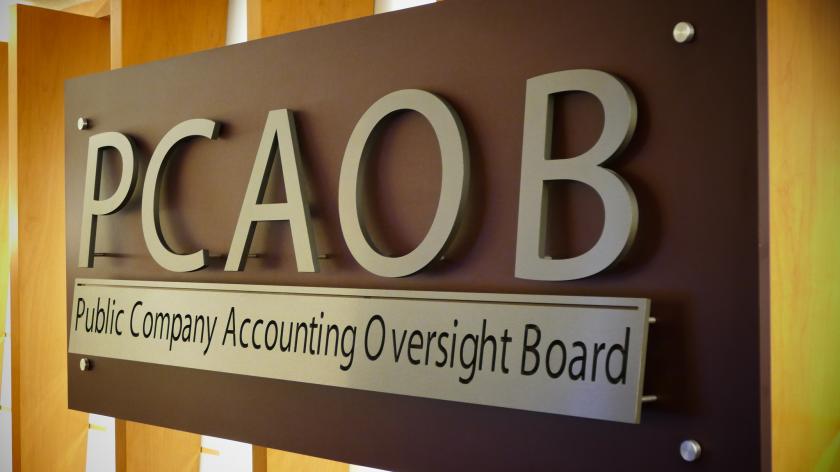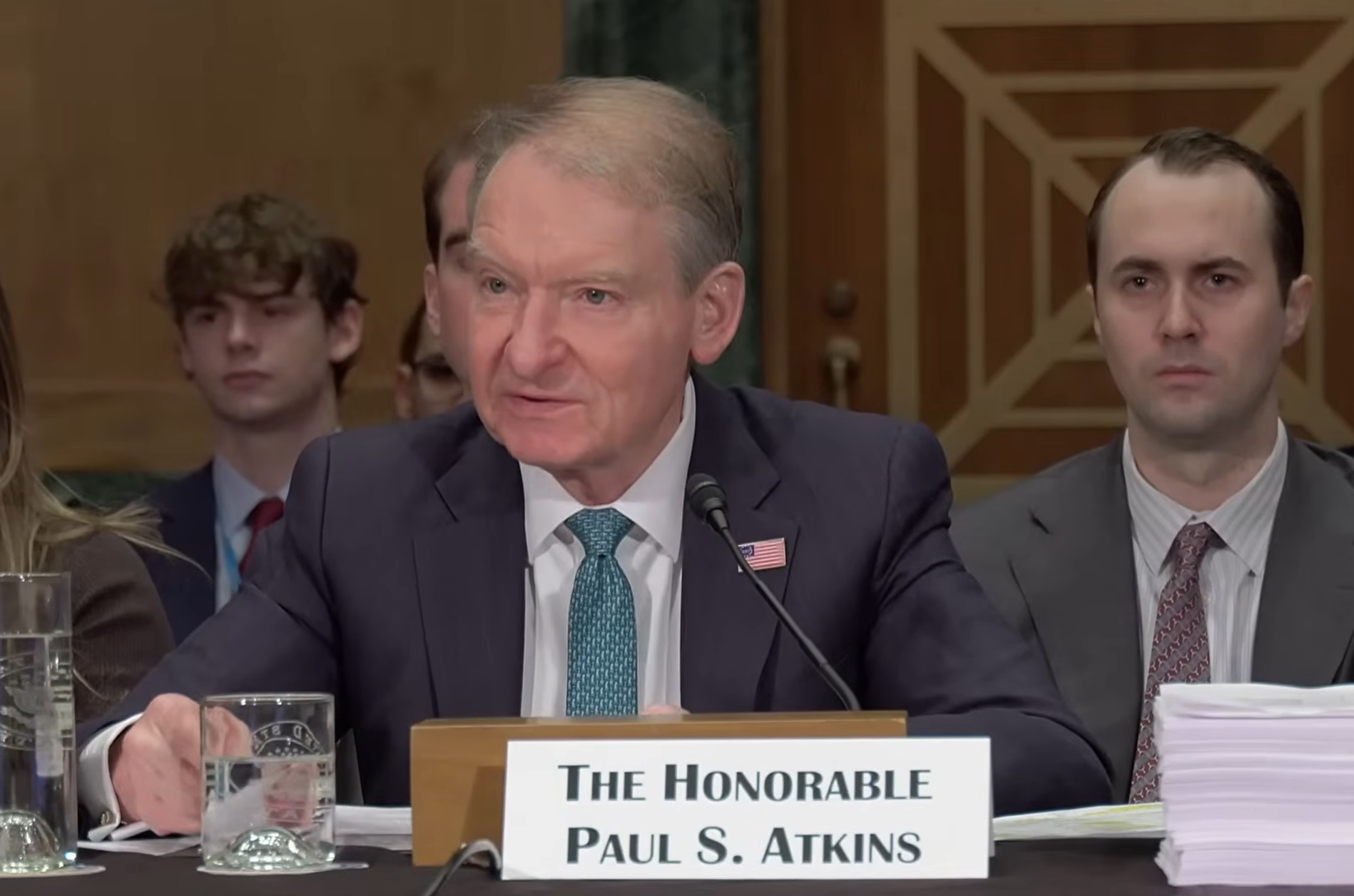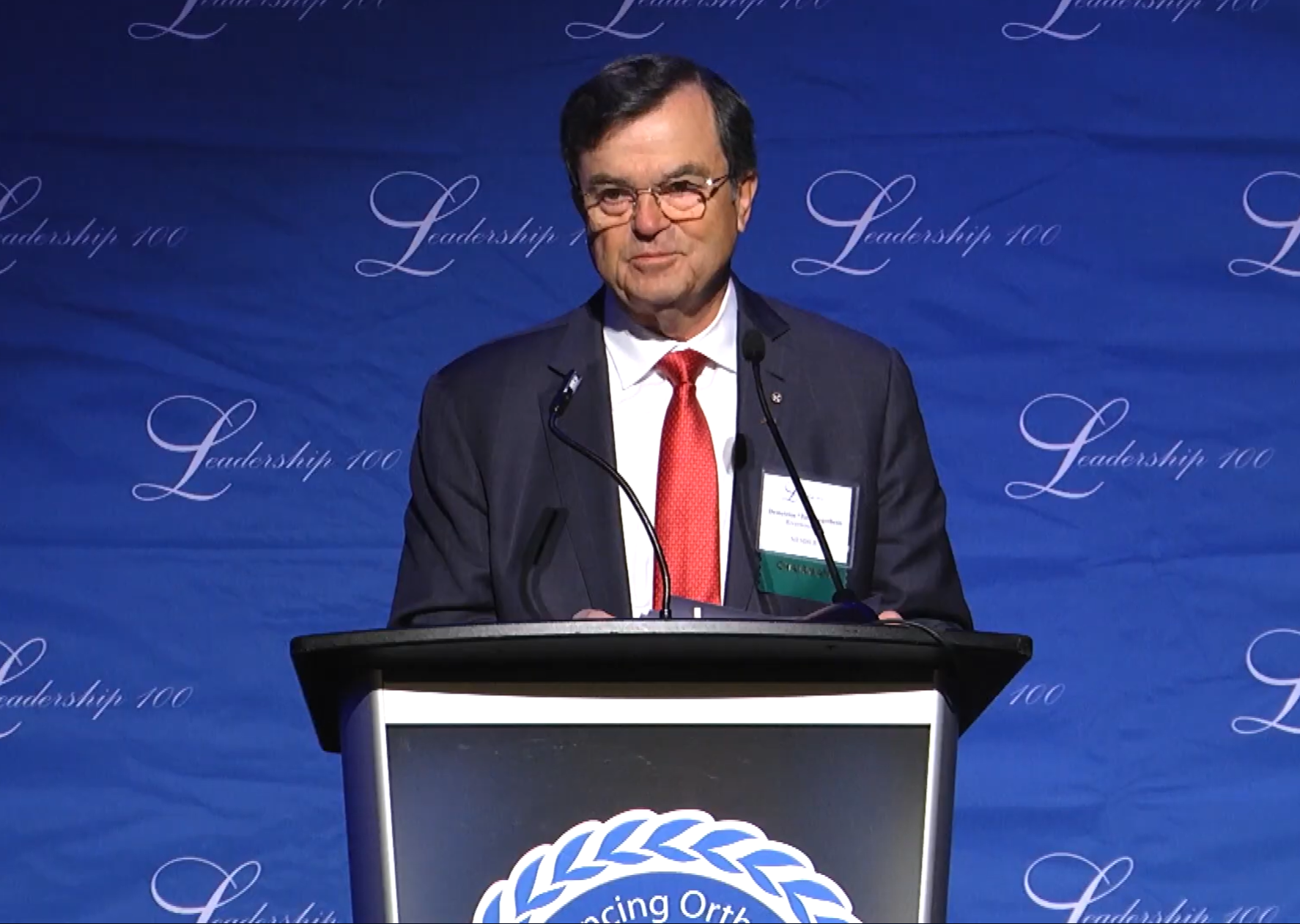More than half of the audits of brokers and dealers inspected by the Public Company Accounting Oversight Board (PCAOB) last year had mistakes, as audit firms took a big step backwards from improvements they made in 2021.
In response to abuses that came to light during the 2008-09 financial crisis, the PCAOB was authorized by the Dodd-Frank Act of 2010 to establish an inspection program for auditors of brokers and dealers registered with the Securities and Exchange Commission. The PCAOB has released annual progress reports on the audits of broker-dealers since 2012.
According to the PCAOB’s annual report for 2022, the regulator selected 50 audit firms with broker-dealer clients for review. PCAOB inspectors then examined 92 financial statement audits of broker-dealers with financial statement periods that ended between April 1, 2021, and March 31, 2022.
The results? Forty-five of the 50 firms (90%) had deficiencies in audit and/or attestation engagements, up from 78% of firms in both 2021 and 2020. Of the 92 financial statement audits of broker-dealers reviewed by the PCAOB in 2022, 53 of them (58%) had deficiencies, up from 49% in 2021 but better than 2020’s 61%.

“In last year’s annual report, we stated that the overall observed deficiency rates in broker-dealer engagements remained unacceptably high, despite the improvement in 2021 inspection results described in that report. With a few notable exceptions, deficiency rates observed in 2022 inspections generally increased or remained elevated across engagement types and areas,” the PCAOB said in the report.
According to the PCAOB, the key drivers of the high rate of deficiencies by engagement type are as follows:
- Audit engagements showed persistently high deficiencies related to revenue.
- Audit engagements showed increases in deficiencies related to net capital supplemental information, auditors’ reports, and audit documentation.
- Review engagements showed increases in deficiencies related to the auditor’s consideration of evidence that appeared to contradict statements (assertions) included in exemption reports.
- Review engagements showed increases in deficiencies related to review reports.
“We also observed an increase in the percentage of firms inspected with deficiencies in quality control systems, including persistently high deficiencies associated with quality controls related to engagement performance, and, more specifically, engagement quality reviews,” the PCAOB said. “Generally, the inspection results of firms that audited 100 or fewer broker-dealers continued to reflect higher percentages of audit engagements with deficiencies, compared to firms that audited more than 100 broker-dealers.”
But audit firms did make some improvements in 2022, the PCAOB said, including:
- Audit engagements showed decreases in deficiencies related to customer protection supplemental information and going concern.
- Examination engagements showed a decrease in deficiencies related to testing internal control over compliance.
The annual report highlights actions the PCAOB recommends firms take to improve broker-dealer audit quality and provides examples of good practices. The recommended actions and good practices are focused on topics where deficiencies are persistently high or increasing.
Thanks for reading CPA Practice Advisor!
Subscribe Already registered? Log In
Need more information? Read the FAQs
Tags: Auditing, Firm Management, PCAOB




